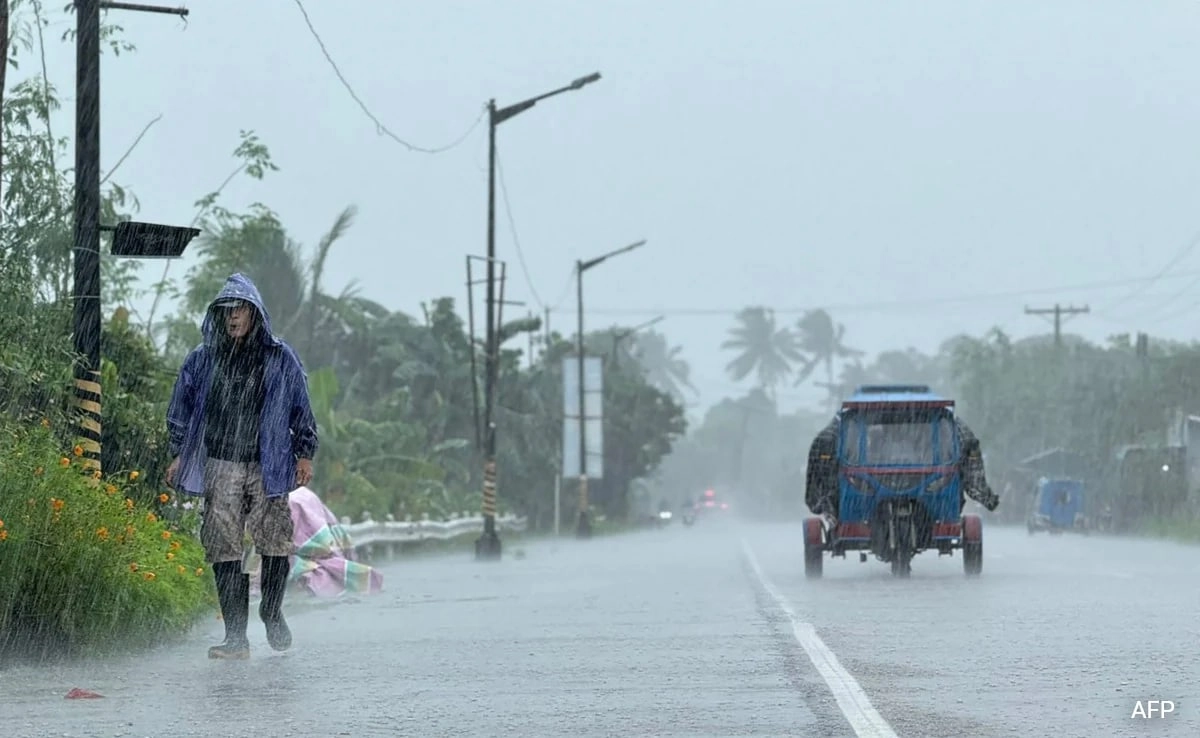In a recent statement, Russian President Vladimir Putin addressed the potential renaming of the city of Volgograd back to its historical name, Stalingrad. He emphasized that such a decision should ultimately lie in the hands of the city’s residents. This remark comes amid ongoing discussions about the significance of historical names and their connections to national identity. The city, known for its pivotal role during World War II, particularly in the Battle of Stalingrad, has seen its name change in the post-Soviet era as a reflection of shifting political landscapes and public sentiment.
The Battle of Stalingrad, which occurred between 1942 and 1943, was one of the most significant confrontations of the Second World War, marking a turning point in favor of the Allies. The city’s name change in 1961 to Volgograd was part of a broader de-Stalinization campaign that sought to distance the Soviet Union from the legacy of Joseph Stalin. However, in recent years, there has been a resurgence of interest in the Soviet past, with some advocating for a return to the name Stalingrad as a way to honor the sacrifices made during the war and to reinforce national pride.
Putin’s comments highlight a growing trend in Russia where historical narratives are being revisited, with many citizens expressing nostalgia for the Soviet era and its symbols. The discussion around renaming Volgograd also reflects wider debates within Russian society about how the past should be remembered and the impact of historical figures like Stalin on contemporary Russian identity. While some residents support the idea of renaming the city to Stalingrad, others view the name change as a step backward, preferring to maintain a distinction from Stalin’s controversial legacy.
As the conversation continues, it remains to be seen how the residents of Volgograd will respond to this proposition. The potential renaming of the city serves as a reminder of the complexities surrounding historical memory and the ways in which it can shape national identity. Ultimately, the decision will reflect not just the sentiments of the local population but also the broader political and cultural currents within Russia. In a nation where history is often a contentious issue, the naming of Volgograd could signify a deeper reckoning with the past and its influence on the present and future.




